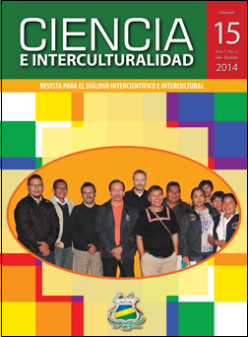Partial Agreements in Venezuela-Central America. Will trade be fair or asymmetrical? (2003-2012)
DOI:
https://doi.org/10.5377/rci.v15i2.1920Keywords:
Partial agreement, competitive advantages, negotiationsAbstract
This research give follow-up to the trade relations between the Bolivarian Republic of Venezuela, Costa Rica, El Salvador, Guatemala, Honduras and Nicaragua, countries belonging to the Central American Common Market (CACM). Venezuela signed a series of bilateral trade agreements with each of these Central American countries in order to deepen economic relations with the Latin American region, by granting unilateral tariff preferences through the Venezuelan State, taking into account the lower level of development of these countries. However, with the new millennium the dynamics and business scenarios that these countries in the Caribbean area faces, have varied considerably, which makes it necessary to review and renegotiate the trade agreements between the parties.
The aim of this study is to analyze the bilateral partial agreements between Venezuela and the Central American countries, and to verify whether the trade is fair or asymmetric and if it really deserves a rethinking of trade negotiations. The methodology used in the research is documentary and descriptive, and the study period is from the year 2003-2012.
Downloads
1054
HTML (Español (España)) 784
EPUB (Español (España)) 161
Resumen (Audio) (Español (España)) 169
Abstract (Audio) 167
Downloads
Published
How to Cite
Issue
Section
License
Copyright © (URACCAN)

This journal is licensed under a Creative Commons Attribution-NonCommercial-NoDerivatives 4.0 International License.
This license allows others to download the works and share them with others, as long as their authorship is acknowledged, but they can not be changed in any way nor can they be used commercially.




